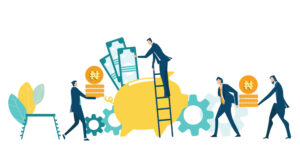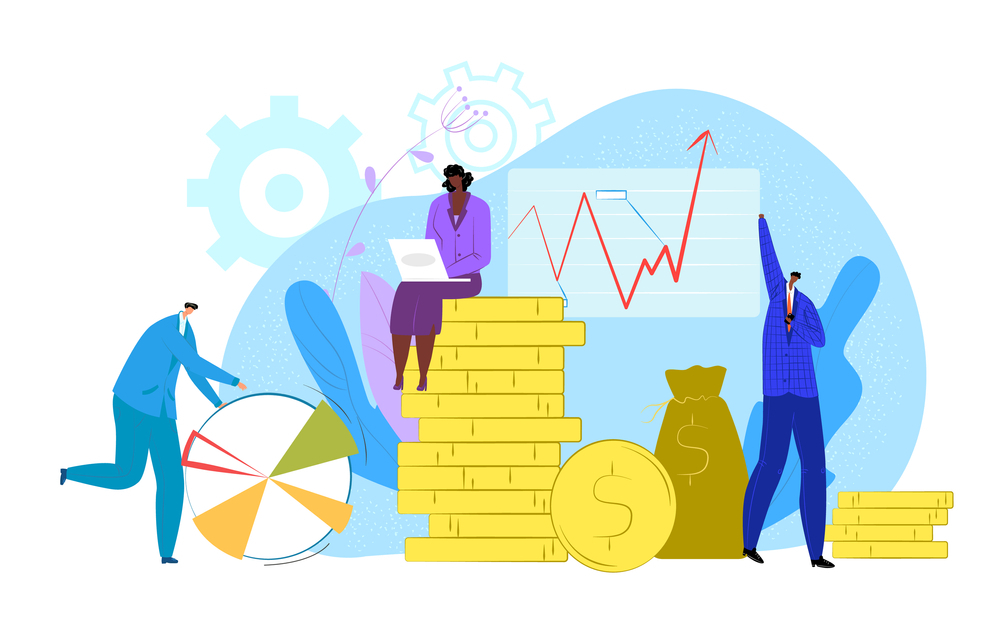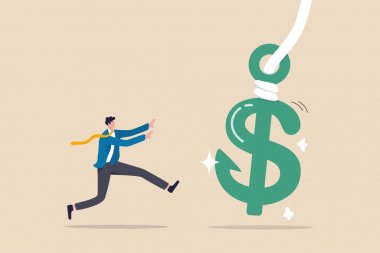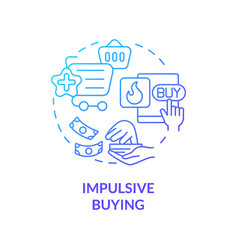As we get older, we feel the need to be financially stable because our responsibilities increase daily. In matters like marriage, buying a car, buying a house, taking care of a family, and so on, we hear people say that they are not ready or the usual “I never blow.” There’s this notion that you must have a certain amount of cash before you can declare yourself financially stable. But is that all it entails?
What does financial stability mean?
Financial stability can mean different things to different people. For some people, it might mean having a specific amount (usually huge) in your bank account. It could also mean being able to afford anything one might want to buy for some other people. Some people might see it as being able to pay for something at any time and still have leftover cash. All these are valid, but there’s one thing in common, which is, having enough money to pay for anything you want without worries or having to empty your bank account.
In other words, it is the ability to cover expenses comfortably and still have extra cash for emergencies, savings, and retirement contributions.
How to Know If you’re Financially Stable
Financial stability has a relative meaning to different people. However, there are pointers you can use to determine if you’re financially stable or almost there. It is pertinent to note that having a specific amount in your account does not make you financially stable. You could have a million naira in your account but not financially stable because you have lots of debts to pay and don’t even have a backup in case of emergency. One could have less and be financially stable because he pays his bills on time and has no lingering debts. In addition, there is a backup stacked up somewhere in case of emergencies. These are pointers to note:

- You have no outstanding debts: debts can be draining, mainly when they are recurring debts. When you’re financially stable, you do not need to borrow money because you have enough money to settle your bills.
- You can pay comfortably: when you’re financially stable, you pay your bills comfortably without worries. Not just paying, you have extra cash for miscellaneous expenses or emergencies that may come up.
- You pay your bills on time: it’s not only that you pay bills comfortably, but you also pay bills on time immediately or pay beforehand. When you pay bills on time, you don’t incur unnecessary debts.
- Enough emergency funds: this implies having enough money to take care of emergencies or unexpected expenses. Apart from funds set aside for daily expenses, there is more than enough to take care of unforeseen circumstances.
- Your net worth grows yearly: this means that you can see significant improvement between the earnings of last year and the earnings of the current year.
- You’re are not afraid to lose your job: this should be another whole level of stability. The thought of losing your job does not make you cringe because you know you have extra cash stacked somewhere. Living well does not depend on the salary you earn every month. You know that not receiving your remuneration for one month won’t destabilize you.
How to be Financially Stable.
We all want to be financially stable and, it is pertinent to consider the following to achieve this feat:

- Live below your means: you know that you’re financially stable when living below your means. You’re are not extravagant and disciplined enough to understand what you can afford and what you can’t. You’re not living to impress.
- Keeping a budget: keeping a budget helps you live below your means. By keeping a budget, you’re able to keep tabs on what you’ve been spending. It helps not to spend on unnecessary wants.
- Pay off your debt: one should try not to incur debt if it’s not necessary. In cases where it is essential, it is crucial to borrow the money you can pay back and on time to avoid penalties; for firms that collect extra interest.
- Create an emergency fund: it is pertinent to always set aside some cash from your earnings every month to cater for emergency and unexpected expenses. Here, you are not dependent and will always have a backup to fall back on. In setting aside funds, you should keep your funds where they would yield enough interest. see saving the right way-dodopay
- Investment for retirement: apart from saving, keeping cash to invest in retirement plans is crucial. Here, you’re saving for the future and for when you won’t be able to work again.
- Personal investment: being financially stable doesn’t just mean having money to pay for something. It also involves investing in yourself, that is, learning a skill, acquiring a degree, generally doing something that would be profitable to you in the long run.
Conclusion
In conclusion, everyone has their definition of financial stability. However, we should not misplace priorities so that we’re progressing instead of regressing. Being financially stable takes time like the saying goes: “Rome was not built in a day.” It involves hard work, discipline, and consistency, and using a payment platform that gives you value for your money. You don’t spend as much as you would do hence saving some cash. Visit www.dodopay.ng to know more about the dodo app.




